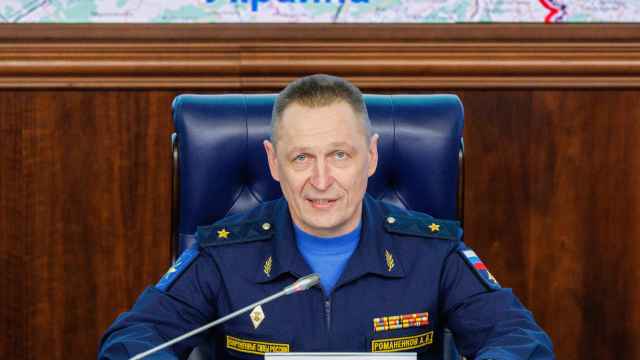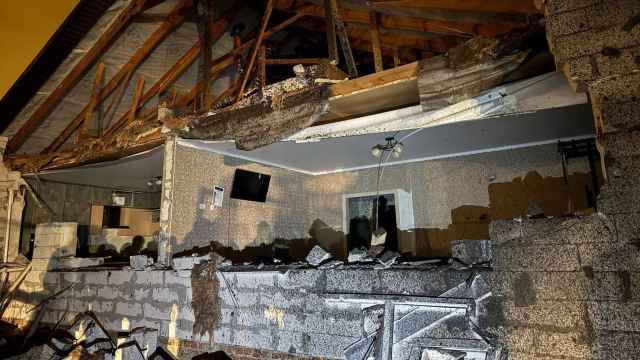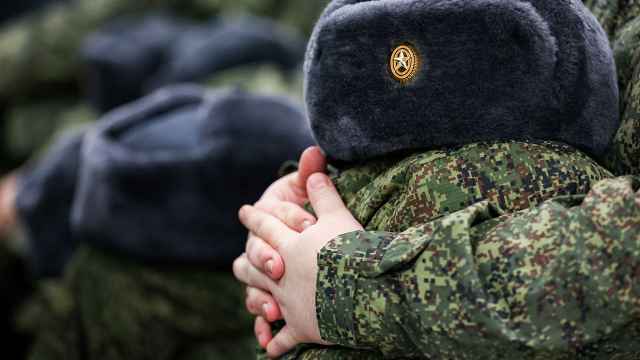The government has proposed eliminating mandatory inspections for new cars, a formality that experts say should have been eliminated long ago.
The Interior and Justice ministries were ordered to draft a bill canceling the requirement for new cars to undergo inspections, provided that the dealership confirms the authenticity of the car and that it meets its declared environmental standards, according to an order by Prime Minister Vladimir Putin.
Canceling inspections for new cars has long been discussed, said Sergei Shishkaryov, chairman of the State Duma's Transportation Committee. If an automobile is certified and allowed onto the Russian market, then it is clearly in working order.
Currently, the check is largely a formality, with inspectors looking over the documents and plates but charging the full price of 300 rubles, or about $10, he said.
The measure could make official dealerships more attractive, said Andrei Dya, commercial director of Avtomir. He promised that the new service would not be added to cars' sticker price.
Vyacheslav Lysakov, head of the drivers' lobby group Svoboda Vybora, said he was glad that the unnecessary hassle would be eliminated.
But the auto inspection system has more serious reforms ahead. On Wednesday, the Duma published a review by the president's main legal department of Shishkaryov's bill to privatize the inspections, which are now conducted by traffic police.
While supporting the bill generally, the department proposed introducing a formula to calculate the price for inspections. It also wants to prohibit auto centers from doing work on cars that it has approved, which it said could lead to corruption.
The Economic Development Ministry proposed the same ban, a ministry official said. Otherwise, mechanics would have an interest in inflating the cost of repair work.
Shishkaryov said he was willing to include the pricing formula, but he disagreed with the proposal to separate the inspections from repair work.
"Only dealers will be able to make the investment to conduct inspections. They have the equipment, and it will save people time," he said.
The presidential legal department may not have fully studied the bill, Lysakov said. Centers conducting the inspections must form self-regulating organizations and monitor their members to make sure everyone is following the rules, he said.
A Message from The Moscow Times:
Dear readers,
We are facing unprecedented challenges. Russia's Prosecutor General's Office has designated The Moscow Times as an "undesirable" organization, criminalizing our work and putting our staff at risk of prosecution. This follows our earlier unjust labeling as a "foreign agent."
These actions are direct attempts to silence independent journalism in Russia. The authorities claim our work "discredits the decisions of the Russian leadership." We see things differently: we strive to provide accurate, unbiased reporting on Russia.
We, the journalists of The Moscow Times, refuse to be silenced. But to continue our work, we need your help.
Your support, no matter how small, makes a world of difference. If you can, please support us monthly starting from just $2. It's quick to set up, and every contribution makes a significant impact.
By supporting The Moscow Times, you're defending open, independent journalism in the face of repression. Thank you for standing with us.
Remind me later.





